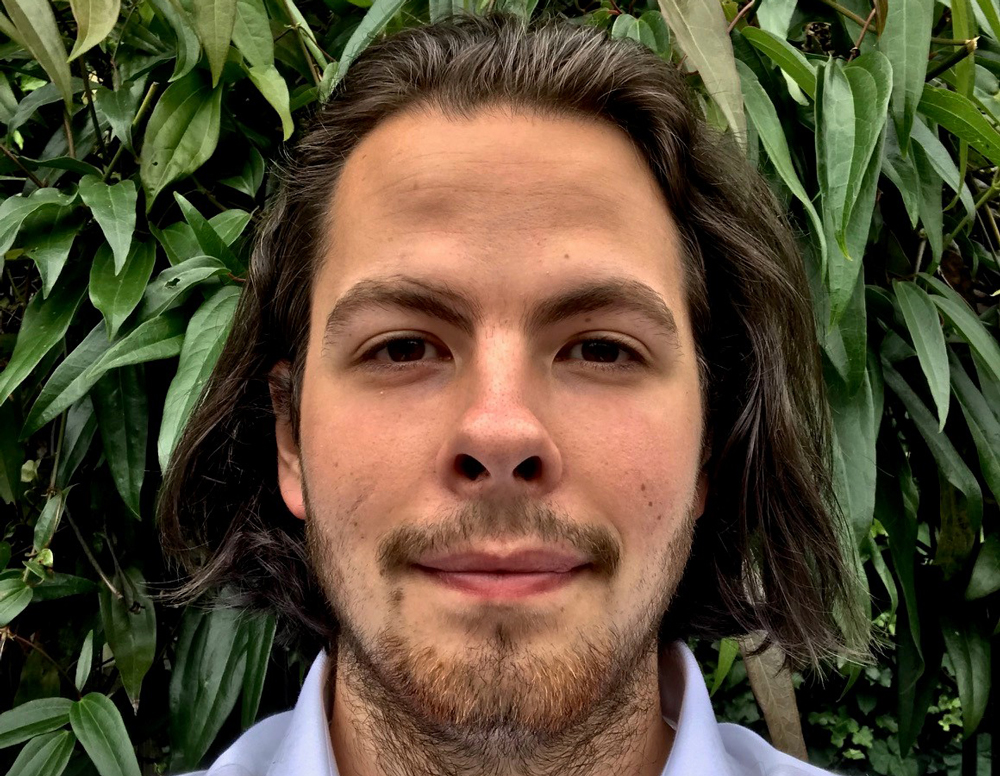Kent Law School undergraduate student George Hill took up a challenge to interview Professor Antony Anghie, a globally renowned international law scholar and expert who has been awarded an Honorary Doctor of Laws degree from the University of Kent.
Both George and Professor Anghie graduate at Canterbury Cathedral this week; George is graduating with a First in European Legal Studies on Wednesday and Professor Anghie will receive his honorary degree on Tuesday.
George reflects on his warm and fascinating conversation with Professor Anghie in a post on the Law School’s Countercurrents blog. In the interview, Professor Anghie reveals his hopes for the international legal order and shares his insights into the ‘Third World Approaches to International Law’ (TWAIL) movement.
In his introduction, George says: ‘Professor Anghie looks beyond traditional legal sources and doctrines in order to critique the enduring legacy of colonialism and the subjugation of the Global South by the international order. This invites discussions that touch upon the historical, political, anthropological and socio-cultural dimensions of international discourse. His revolutionary scholarship has ushered TWAIL into legal curricula worldwide.’
Overall, George says he was struck by Professor Anghie’s awareness of the inter-generational dimension of the TWAIL project. As an aspiring international lawyer himself, George says he was inspired by Professor Anghie’s affirmation of the role of inter-generational learning: ‘As Law students, at least at the undergraduate level, we are often under the illusion that we are to come up with work that is, to use Anghie’s words, “endlessly productive and topical and original and profound all at the same time”. Anghie’s account of his career teaches us to make use of the knowledge of previous generations, rather than to attempt to supersede it.’
George also noted the deep sense of appreciation Professor Anghie holds for his mentors who include Professor Christopher Weeramantry (or ‘Prof’), Professor David Kennedy, Herb Feith and David Goldsworthy.
George was challenged to conduct the interview by Law School Reader Dr Luis Eslava. Dr Eslava said: ‘George is a stellar student with a strong interest in critical international law. He has been extremely supportive of the Law School’s ‘Decolonising the Curriculum Project‘ and has been keen to get involved with the work of the Centre of Critical International Law at Kent (CeCIL) He also spent some time working, under my supervision, on the Law School’s Research Assistant scheme this summer. George is one of around 400 outstanding law students who will be graduating on Wednesday and I wish him all the best for his LLM studies at Cambridge. His critical outlook speaks to the Law School’s commitment to diversity, openness and changing the world for the better.’

